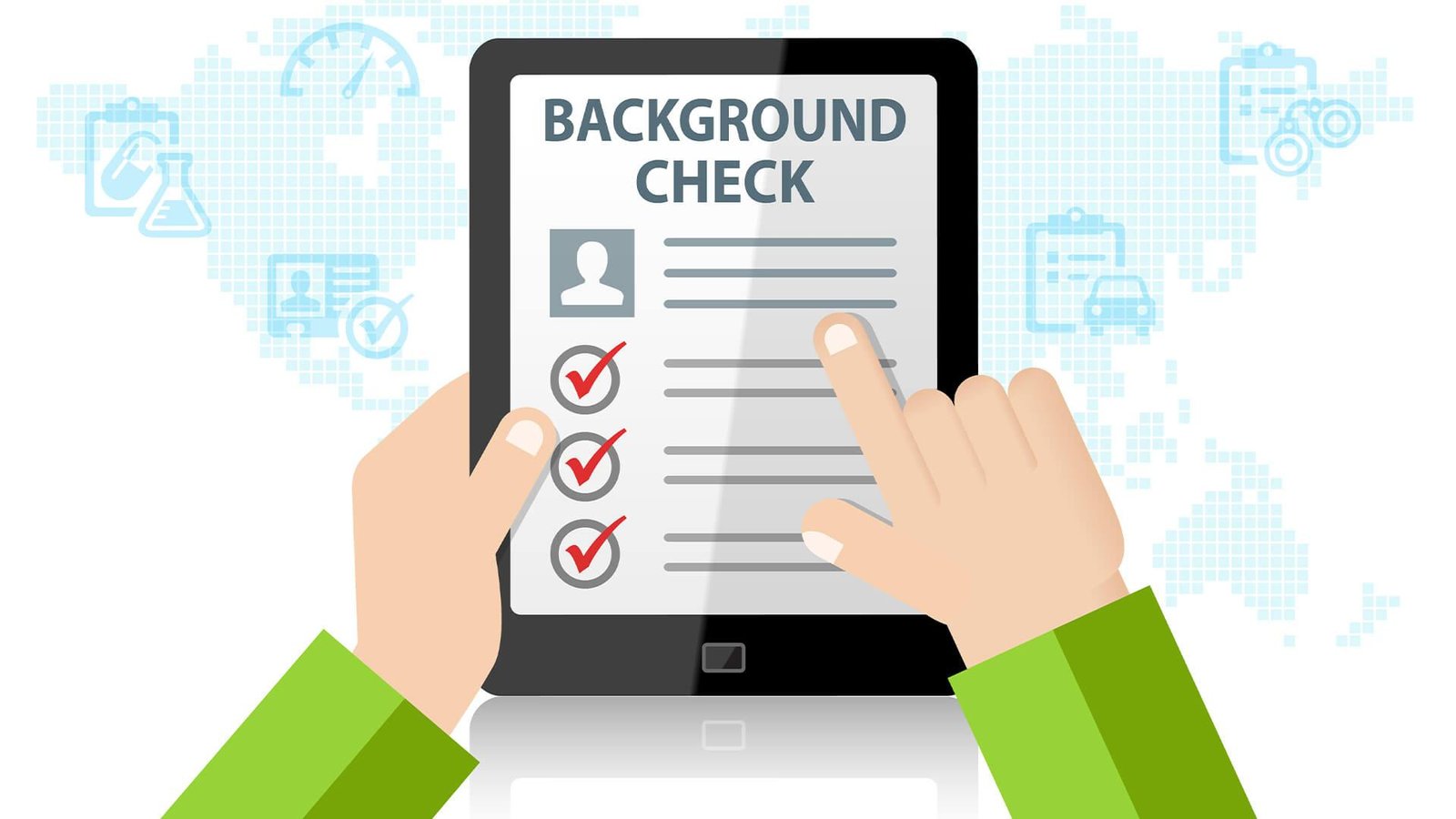In today's complex business environment, hiring the right people is more critical than ever, and a crucial component of a robust recruitment strategy is the comprehensive employee Background Check. This due diligence process serves as a fundamental risk mitigation tool, helping organizations verify candidate claims and protect themselves from potential threats. The growing reliance on these services is evident in market forecasts, which estimate the industry will achieve a significant valuation of $8.18 billion by 2035. This expansion, advancing at a steady compound annual growth rate (CAGR) of 8.60% from 2025 to 2035, highlights a widespread corporate understanding that thorough screening is essential for building a safe, trustworthy, and productive workforce. It is the first line of defense in safeguarding a company's assets, employees, and reputation from the inside out.
A comprehensive background check is not a single action but a collection of various searches designed to build a holistic profile of a candidate. The most common component is a criminal record search, which can include checks of county, state, and federal databases to identify past convictions that may be relevant to the job. Employment verification is another critical element, confirming a candidate's work history, job titles, and dates of employment as stated on their resume. Similarly, education verification confirms academic credentials, degrees, and attendance at educational institutions. Together, these checks provide objective validation of a candidate's qualifications and history, helping employers ensure they are hiring individuals who are both qualified and honest. Additional checks, such as driving records or professional license verification, can be added depending on the specific requirements of the role.
Navigating the legal landscape is paramount when conducting background checks. In the United States, the Fair Credit Reporting Act (FCRA) is the primary federal law governing the process, establishing strict rules for how employers obtain and use consumer reports for hiring purposes. The FCRA mandates that employers must first obtain written consent from the candidate before initiating a check. It also outlines a clear pre-adverse and adverse action process that must be followed if the information in the report may lead to a decision not to hire. Compliance with these regulations, along with a myriad of state and local laws, is non-negotiable. Reputable background check providers are experts in this legal framework, helping employers to conduct their screening programs in a way that is both effective and legally compliant, thereby avoiding costly litigation.
The benefits of a diligent background check program extend far beyond simply validating a resume. A primary advantage is the enhancement of workplace safety and security by identifying individuals with a history of violent or other relevant criminal behavior. This protects both employees and customers. Furthermore, it helps protect an organization's brand reputation by preventing hires that could lead to negative publicity or legal issues down the line. Thorough screening has also been shown to reduce employee turnover by ensuring a better fit between the candidate's history and the company's culture and requirements. Ultimately, investing in a comprehensive background check process is an investment in building a high-integrity culture, fostering trust, and mitigating a wide range of potential business, financial, and reputational risks.
Explore Our Latest Trending Reports:
Broadcast Scheduling Software Market




